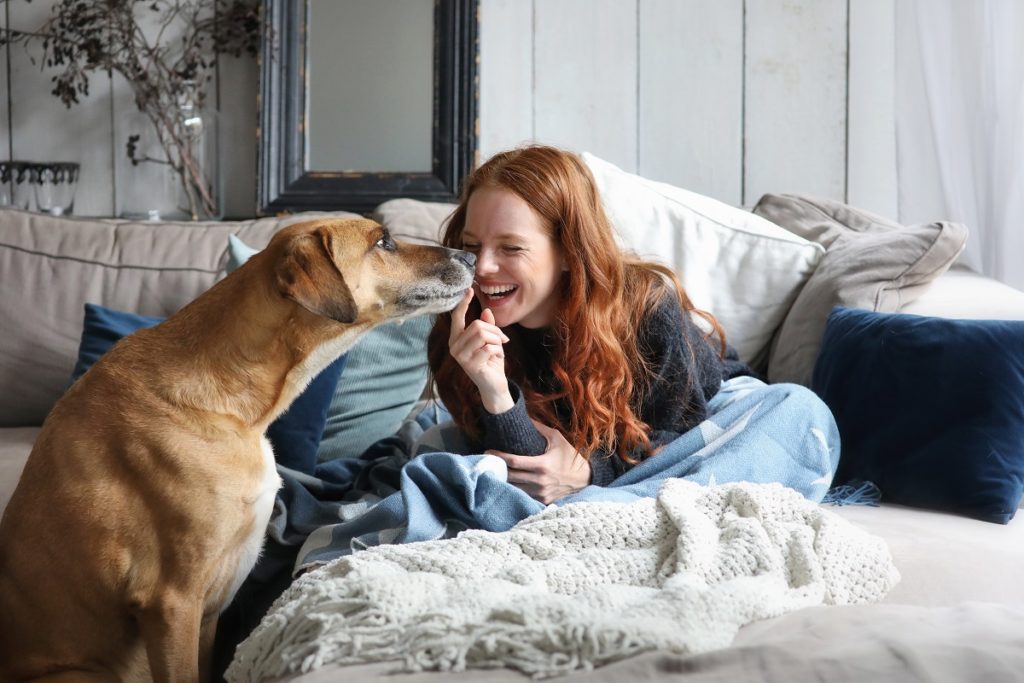Congratulations on the newest member of your family. You just gave a dog a second chance at life. Saving a rescue has many benefits. For instance, you are saving a life. By doing so, you also freed up space in the shelter so they can help more animals in need.
However, adopting a rescue dog for the first time can present some challenges. Even if it’s not your first, each dog will have traits and quirks. They can have some unique issues and complex histories that can make parenting a little bit more complicated. Enroll in private dog training. A puppy trainer can help you and your dog adjust in your new life together.
Here are things that you can do to make the transition easier for both of you:
Prepare your home for the new dog.
It is helpful to be ready before the new addition to your family arrives. Be sure to have the following items ready:
- Dog bed/crate
- Dog food
- Food and water bowls
- Treats
- Toys
- Leash and collar
It will also help if you dog-proof your home beforehand. Choose a room that is easy to clean and spacious enough for your new dog.
Allow for a period of adjustment.
Remember that your new dog has a lot of baggage. It comes with a history that led him to the shelter. The stress that comes with going to a new home, along with everything that the dog has experienced, can make the dog less confident and a bit distrustful.
Give your new dog time to adjust to his new home and his new family. Adjustment time can change from dog to dog. Keep introductions to a minimum to avoid overwhelming the dog. During this period, make your rescue dog feel loved, comfortable, and safe. Be patient, but be firm and consistent at the same time.
Expect the following behavior from your dog during this period:
- Shyness or timid behavior
- Too much barking
- Possessiveness
- Aggression
- Nervousness
- Regression on house training
Set the tone.
The first month with your new dog is critical in setting the tone for your relationship. Start doing things the way you want it. Do not coddle up your new dog only to change the rules later.
Make a daily plan of activities so that your rescue can get into the routine. Set rules and boundaries, and make sure everyone in the house is aware so that you are all consistent. This way, your rescue will know what everyone expects him to do.
For example, you can set a structured schedule for feeding. Offering your dog food is a demonstration that you are in charge.
Schedule a visit to the vet.
Take your rescue to the vet as soon as possible. If your dog is from the shelter, chances are his vaccines are up to date, and he had been neutered (or spayed if you have a female rescue). However, it is still important to schedule a visit to the vet after taking a rescue home.
The vet can perform a thorough wellness check to ensure the health of your rescue. You can also discuss behavioral concerns with the vet and other matters such as diet and flea control.

Enroll in private dog training.
Private in-home training can be more beneficial than a class training. Training is done at the comforts of your home, so it is less stressful for your dog. Private training allows you to focus on specific issues because the professional trainer is focused on your dog alone.
Private training is also perfect for shy and fearful dogs. It allows you to learn together with your dog and build a stronger relationship.
Benefits of Adopting a Rescue Dog
The number of things that come with adopting a shelter dog might seem daunting. Yes, it is not an easy thing to take on. The following days that come after you take a shelter dog home can be exhausting and trying. However, aside from the fact that it is a very noble thing to do, adopting rescue dogs come with many benefits. Here are some of them:
- You are saving a life.
- You give a chance to other dogs to be rescued.
- You save money by adopting shelter dogs because they are already chipped, spayed or neutered, and vaccinated.
- You skip house training since most shelter dogs are already house trained.
- You help eradicate illegal puppy mill farms.
- Older animals can be the best companions.
Chances are, you will experience a few chewed up slippers, excessive barking at night, or a puddle of pee on the floor. These are common adjustment problems that, with proper training, will soon be over. Just take it in stride and enjoy the process.
